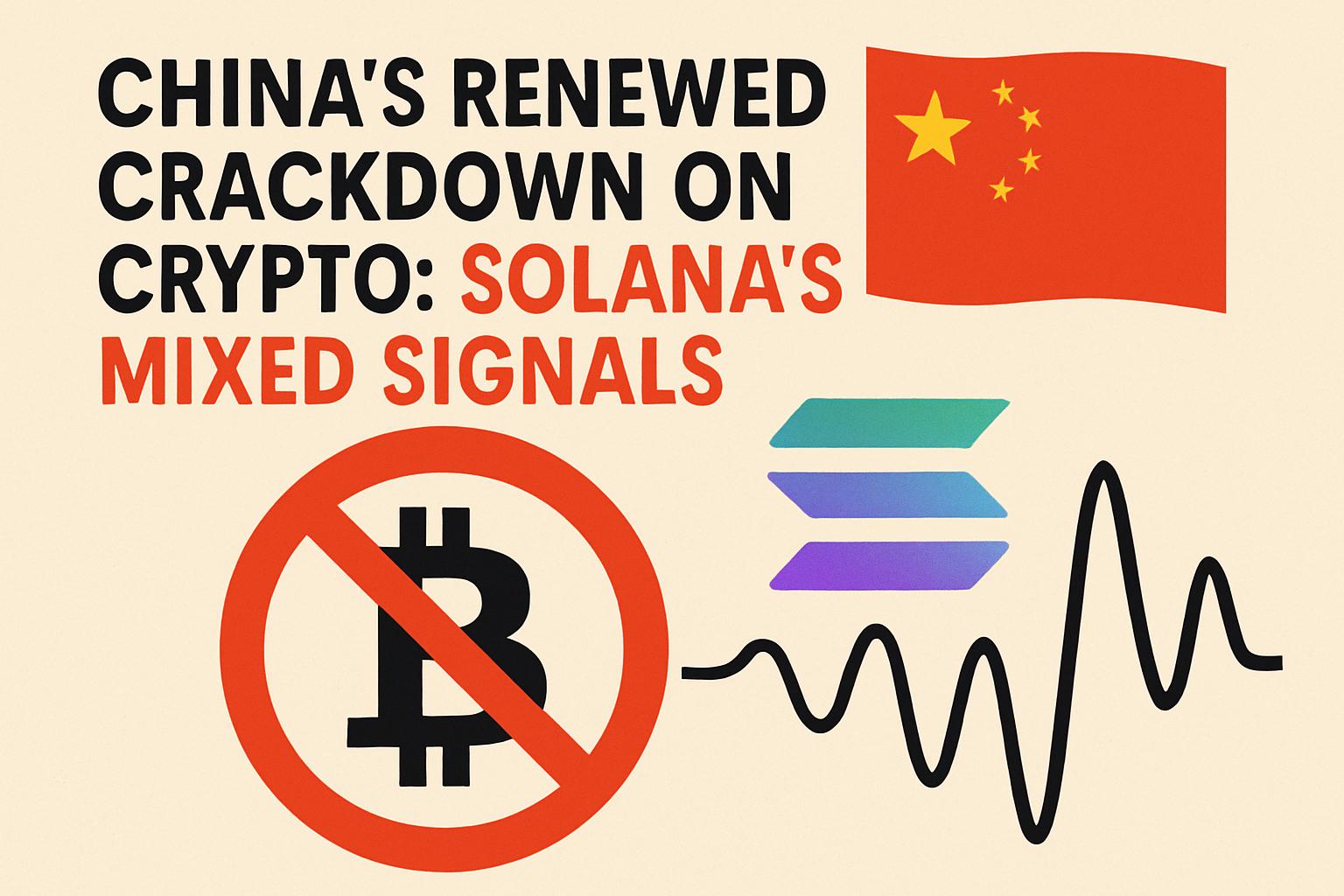In the ever-evolving world of cryptocurrencies, China’s position remains a subject of intrigue and speculation. A recent series of events involving Solana, a major player in the blockchain space, serves as a poignant reminder of China’s ambivalent stance toward digital assets.
A Promising Glimpse of Open Dialogue at Tsinghua University
Just last week, Solana Foundation President Lily Liu stepped onto the stage of Beijing’s Tsinghua University’s Wudaokou School of Finance. There, she delivered a presentation on Solana’s high-performance capabilities and real-world applications. The event was not marred by any evident governmental interference, leading many to speculate that China might be warming up to the cryptocurrency sector. It appeared as if a new chapter of intellectual discourse on blockchain was unfolding in one of China’s prestigious academic institutions.
The People’s Bank of China’s Unyielding Stance
However, any optimism was quickly tempered by public comments from Pan Gongsheng, the Governor of the People’s Bank of China. In a decisive speech delivered at the Beijing Financial Street Forum on October 27, he reaffirmed the central bank’s commitment to stringent oversight of the virtual asset landscape. The policies first initiated in 2017 to regulate and suppress cryptocurrency trading remain firmly in place, suggesting that any perceived thawing is not underpinned by changes in official policy. Pan’s message was clear: China will continue to collaborate with law enforcement to clamp down on domestic cryptocurrency activities to safeguard financial order.
Solana’s Shenzhen Event Faces Immediate Police Action
The very next day, Solana’s Accelerate APAC event in Shenzhen was abruptly interrupted by local police intervention. Unlike previous instances where authorities merely observed, this time the venue was cleared. The timing and severity of the crackdown hint at Beijing’s tightening grip on crypto-related activities.
Colin Wu, a prominent crypto journalist, provided additional context. He reported that the event drew a larger crowd than anticipated, leading to disruptions and security concerns. Disappointed attendees allegedly reported the event to authorities, prompting the police action. Wu advised caution, emphasizing that hosting such events presents considerable risks amidst the clear stance of the central bank. He urged those involved in the crypto sector in China to operate with utmost discretion.
These developments highlight a familiar pattern: while pockets of openness appear, the overarching narrative remains one of caution and regulation. For global observers and stakeholders in the cryptocurrency domain, China’s policies continue to represent a formidable barrier to the widespread adoption of digital currencies.

![[News] Bitcoin at a Turning Point? 10x Research Signals a Bullish Macro Shift Ahead](https://cryptoexplores.com/wp-content/uploads/2025/06/new20250616.jpg)
![[News] Binance Lists $HOME, the Gas-Free, Bridge-Free All-in-One DeFi App](https://cryptoexplores.com/wp-content/uploads/2025/06/news20250617.jpg)